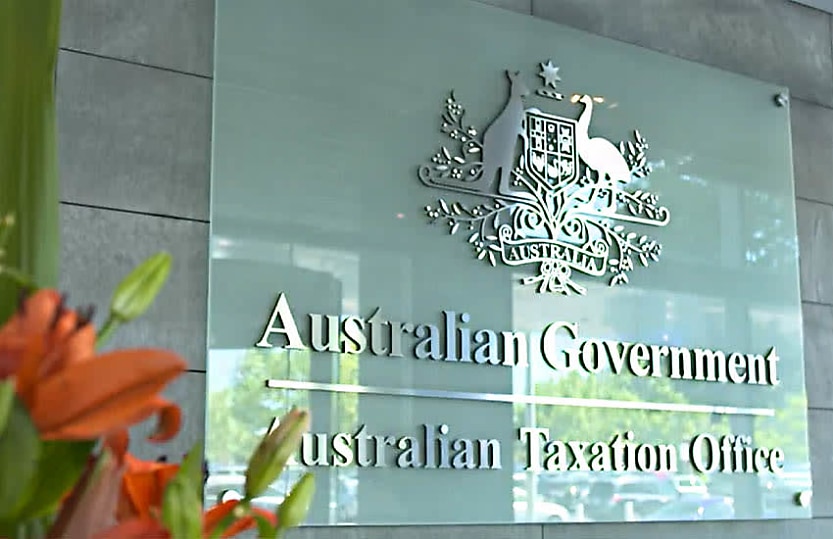ATO second commissioner speaks on the challenges of taxing multinationals

In a global economy, who gets to tax corporate profits? The ATO second commissioner dissects the challenges that come with taxing multinational corporations.
As customs duties and tariffs have (typically) fallen in recent decades, a challenge has arisen in ensuring that multinationals pay their fair share of taxes, ATO second commissioner Jeremy Hirschhorn told a Thomson Reuters conference in March.
“In the global economy of 2025, the model of economic participation with limited physical presence in a jurisdiction is increasingly prevalent, and this puts strain on market jurisdictions’ tax collections,” Hirschhorn said.
“From a tax administration perspective, this has been exacerbated by the international tax system effectively allowing significant profits to be booked in neither the market jurisdiction nor the ownership jurisdiction.”
The ATO’s 2023 corporate tax transparency report found that a third of large multinationals operating in Australia paid no domestic tax. While companies could incur losses and reduce their tax bill for legitimate reasons, experts have questioned how so many companies avoided paying tax in Australia.
In recent years, the ATO has ramped up its focus on targeting multinational tax avoidance, including the implementation of OECD anti-tax avoidance frameworks.
Hirschhorn said that a primary focus of international tax discussions had been on providing additional taxation rights to market jurisdictions. Collecting revenue from multinationals operating within their jurisdictions remained a key challenge for tax authorities.
Possible solutions included extending the coverage of value-added taxes (VATs), the implementation of digital services taxes (DSTs), and implementing the OECD’s two pillars against multinational base erosion and profit-shifting practices.
He also noted that over the past few years, a countervailing argument has arisen: that taxation by the market jurisdiction should be severely limited, and taxation of corporate profits should be reserved to the ownership jurisdiction.
This argument has been inflamed by US President Donald Trump’s withdrawal from the OECD global tax deal, which aimed to curb multinational tax avoidance.
Multinationals have also resisted Australia’s efforts to crack down on corporate tax avoidance, including its public country-by-country reporting scheme.
“US multinationals have previously expressed concerns about Australia's public country-by-country reporting as being too far-reaching in terms of disclosures for their tax positions,” Jenny Wong, tax lead for CPA Australia, told Accounting Times earlier this year.
US-based multinationals, including Amazon, Google, Meta, Netflix and Disney, have all made sizable profits in Australia. Reporting by The Australian Financial Review revealed that they made a combined $15 billion in revenue in Australia last year.
Despite their staggering revenue performance, they had an average earnings margin of 4.4 per cent, allowing them to reduce their Australian tax liabilities, and only paid a combined $254 million in company tax.
Overall, however, Hirschhorn said that the Australian tax system is robust, collecting about 93 per cent of legally due taxes.
He highlighted the Australian government’s recent efforts to prioritise transparency within the tax system, particularly in mandating companies to disclose more information about their tax affairs to the public.
“Australia has had a significant focus in recent years in increasing transparency across the tax system,” Hirschhorn said.
“As the community expectation of transparency increases, and more taxpayers place importance on showing their compliance to internal and external stakeholders, I would posit that we are likely to see … an increase in … transparency.”
About the author

